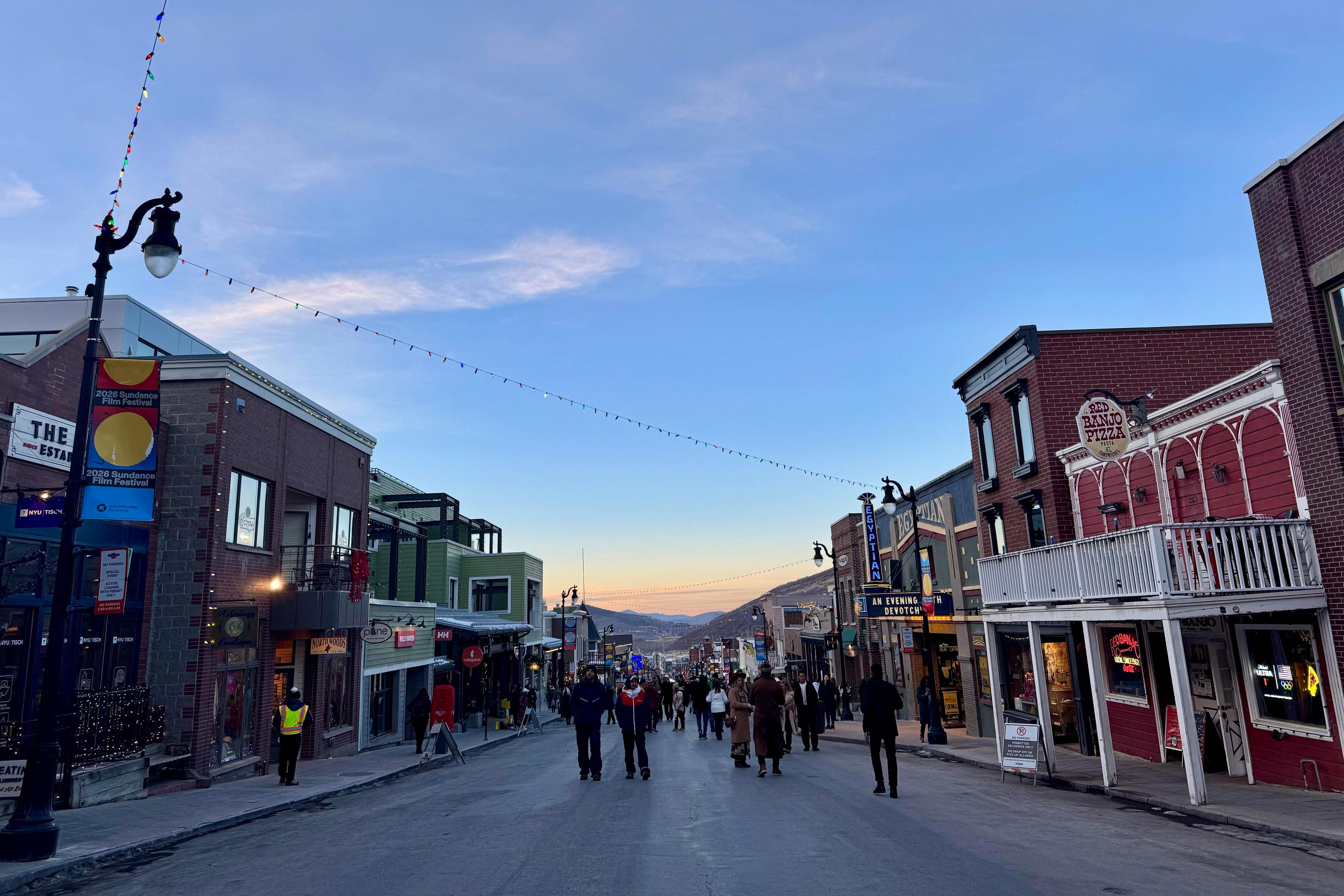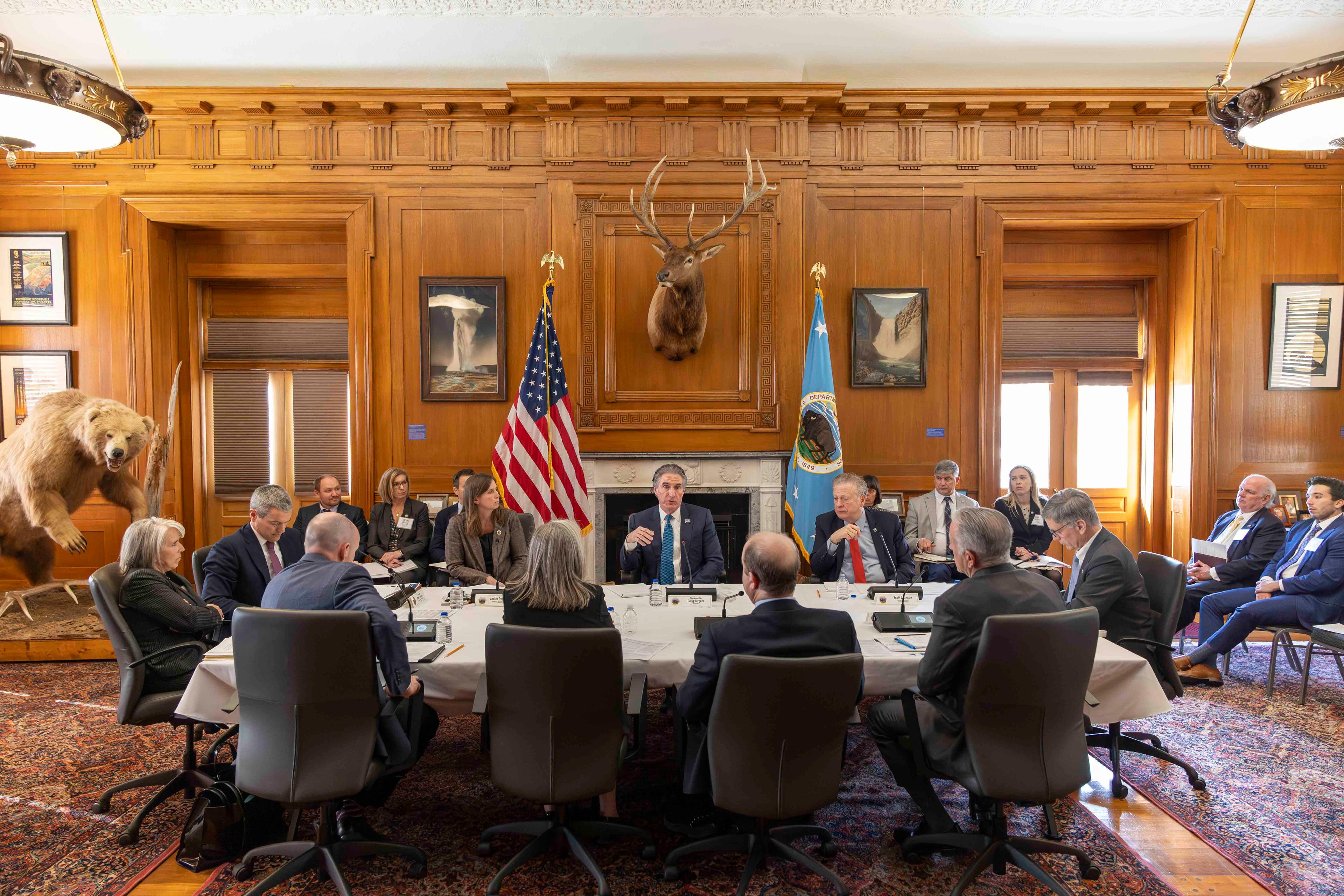
Economically, demographically and socially — Colorado dramatically shifted during the two terms of Democratic Gov. John Hickenlooper. Virtually every aspect of life in the Centennial State has been transformed in some way.
Whether or not the Hickenlooper administration can take full credit for it, these changes took place on his watch. The unanswered question is, will Gov.-elect Jared Polis be able to keep the positive changes, correct the perceived negatives and put his own stamp on the state?
Colorado population growth has been near the top nationwide during Hickenlooper’s two terms, but, like much of the United States, it’s been marked by a rural decline, particularly on the Eastern Plains. Much of the growth is concentrated on the Front Range, from El Paso Country to the Wyoming border.
In recent years, population growth has slowed, as many people leave the state because of high home prices. During the Great Recession, Colorado’s birth rate fell and never recovered during Hickenlooper’s tenure. Employers are dependent on in-migration to fill jobs, and if that flow were to stop it would be a serious risk to Colorado’s economy.
The unprecedented oil and gas boom has less to do with Hickenlooper than with a coincidence of technology. Horizontal drilling and hydraulic fracturing opened up oil and gas deposits across the U.S. previously thought to be tapped out. Energy drillers have reshaped the global marketplace for oil, reducing imports from foreign countries, and even collapsing the price of oil and gas from overproduction.
Hickenlooper’s record on oil and gas is mixed. On one hand his administration has added and strengthened regulations to protect health and the environment. The state’s ground-breaking methane rules are a prime example. His regulatory agencies also rolled out a litany of other smaller measures, often leading to grumbling among operators. As a former oil and gas geologist, Hickenlooper is also a savior of the industry, helping to keep a fracking ban off the ballot in 2014 and speaking out against a similar measure in 2018.
Before the 2012 vote to legalize cannabis, Hickenlooper released a statement: “Colorado is known for many great things and marijuana should not be one of them.”
Hickenlooper didn’t want to be the first governor to oversee marijuana legalization, but he was overruled by voters. Still, he did not shy away from creating a model system for both sales and regulation. The governor, who in his autobiography admits to getting caught as a young man growing marijuana in his mother’s house, eventually came around and saw the cannabis industry as generally good for Colorado. It’s now a multi-billion dollar industry, paying more than $250 million in taxes annually. While it may not balance the state budget, the extra revenue and jobs are a welcome addition to the economy, even if the social costs are still difficult to measure.
The former brew pub owner is a champion of the independence of the industry and the diversity of craft brands. The brewery count has skyrocketed under his leadership, as taste preferences, especially along the Northern Front Range, changed. Drinkers wanted local and they wanted flavor.
But in the final years of Hickenlooper’s last term, serious threats to the industry emerged. Starting in 2019, grocery stores will begin selling full strength beer. It is seen as a threat since small local liquor stores have provided an avenue for many small brewers to distribute their beer. Larger grocery store chains are probably more apt to shrink selection. Also, large brewers like AB Inbev, the maker of Budweiser, have snapped up craft brands and cut prices, putting many medium and large craft brands at risk.
Gun sales are tightly tied to national events and political leadership. National elections and mass shootings drive sales. In Colorado, several seismic events over the last eight years helped to lift gun sales into uncharted territory.
In 2012, President Barack Obama won re-election a few months after the Aurora Theater Shooting. A month after the election was the Sandy Hook shooting. Gun control became a hot button issue, and Gov. Hickenlooper signed several controversial bills in 2013 that limited ammo magazine sizes and instituted background checks for private gun sales. The fear among gun enthusiasts about these restrictions helped to propel gun sales to record levels.
While sales have calmed down, the state still sells about 1 million guns every three years.
Colorado’s unemployment rate has fallen so low during Hickenlooper’s tenure that economists have voiced concern. How would Colorado fill new jobs if everyone was already working? This is seen as a good problem since the governor took over when unemployment was almost 9 percent. Today it hovers around 3 percent. While some will argue that Hickenlooper has benefited from factors outside his control, there’s no denying the economy has dramatically improved under his leadership.
Employers have been able to fill jobs with workers from out of state, and many were pulled off the sidelines, which reduced some of the concern of a low unemployment rate. New business formation remains strong, which is a good indicator of future job growth.
Long a source of concern coming out of the Great Recession, wage growth picked up at the tail end of Hickenlooper’s stint in charge. The low unemployment rate is forcing employers to pay more to attract workers. Much of the job creation in Colorado has also been at the high end of the wage scale, think lawyers and engineers. There’s also been wage growth in lower education occupations like restaurant and construction workers, as talent is scarce in those industries too.
While wages are rising, so too are the costs to live in Denver, especially for housing and health care. Many feel like they’re falling behind or moving sideways, despite the pay bump.
Denver and Colorado are regularly in the top 5 for home appreciation. There simply aren’t enough homes being built to sustain the population growth. In fact, fewer homes are built today than before the Great Recession, yet there are hundreds of thousands more people in the state. Hickenlooper did little to alleviate the problem, though it’s not clear what exactly can be done at a policy level.
He signed a law making it harder for HOAs to sue contractors, and that was supposed to spur condo construction but it hasn’t. Much of the large buildings around Denver are for rent apartments. There are so many that it has bent the curve on rent growth, which is good news. But with precious few affordable options to buy, many young workers and their families will either move away or miss out on equity growth which may exacerbate income inequality.
CPR News’ Jim Hill contributed to this report.








